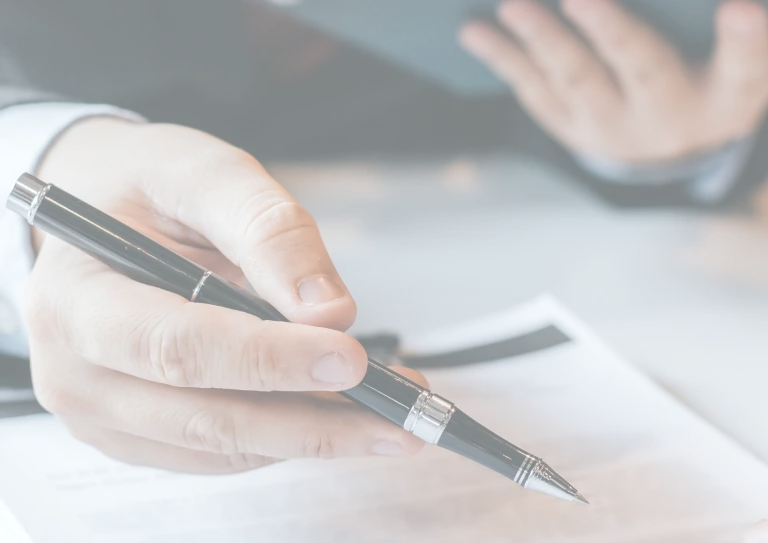
TYPES OF BANKRUPTCY
The first step in any bankruptcy filing process is figuring out which type of bankruptcy is right for your personal situation. Often, this will depend on your goals, income, assets, and will include a degree of personal choice in the matter. Below, we break down the difference between the two types of personal bankruptcies that can be filed in Georgia: Chapter 7 bankruptcy and Chapter 13 bankruptcy.
CHAPTER 7 BANKRUPTCY

Chapter 7, or liquidation bankruptcy, allows you to eliminate credit card bills, medical bills, and other unsecured debts. Upon filing for Chapter 7, the court will issue an order that stays the collection of most, if not all of your debts. This legally prevents creditors from demanding payment, garnishing your wages, repossessing your car, or foreclosing on your home. In most cases, because of property exemptions to which you are entitled under Georgia law, there are no eligible assets to sell and you will be able to retain your assets. A discharge in a Chapter 7 is usually obtained within 4 to 6 months from the date you file your case. The discharge order means that those debts can no longer legally be collected from you.
Chapter 7 bankruptcy is most commonly used by individuals and married couples with very few or no non-exempt assets, or by individuals and married couples with below-median income (based on household size). We will analyze your income in detail and, if you qualify for a Chapter 7, work with your creditors, the bankruptcy trustee, and the bankruptcy judge to obtain your discharge and regain your financial independence.
CHAPTER 13 BANKRUPTCY
Chapter 13 bankruptcy is a reorganization of your debts that allows individuals and married couples with reliable income to consolidate their debt obligations and catch up on important payments they have fallen behind on. If you are behind on a car loan or your mortgage, filing Chapter 13 can help you get those loans back on track. Upon filing for Chapter 13, the court will issue an order that stays the collection of most, if not all of your debts. This legally prevents creditors from demanding payment on loans, garnishing your wages, repossessing your car, or foreclosing on your home. In a Chapter 13, a payment plan is proposed that allows you to repay your debts over a period of time, typically between 3 to 5 years. And even if you have substantial equity in your property, we can propose a payment that will allow you to keep most, if not all, of your property.


